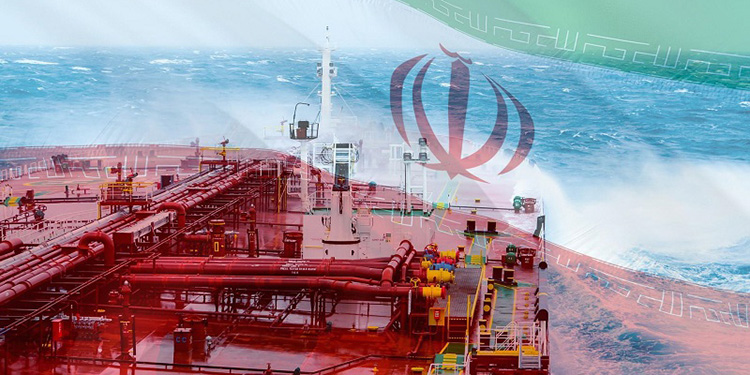Petroleum upstream sector in Iran – Part 2
In the second part of this article, we will delve into the concept of petroleum upstream contracts being considered as governmental contracts. Additionally, we will explore the potential for foreign investment in this sector and analyze the approved contracts within it.
Petroleum upstream contracts as governmental contracts
Petroleum contracts in the upstream section are categorized as either public or governmental contracts, similar to other economic development contracts. This concept is derived from French laws and refers to the unilateral authority of governments to regulate public service contracts. In the case of Iran, the practical procedure followed under the Petroleum Law of 1974 considers petroleum contracts as private agreements.
The National Iranian Oil Company (NIOC) has accepted mitigation in petroleum contracts only if it is explicitly mentioned in the contract’s conditions. However, it is important to note that international law recognizes the principle of nations’ sovereignty over their natural resources. This means that countries have the right to govern and regulate their petroleum industry, including entering into contracts with foreign entities. In order to exercise this right, countries may impose certain conditions on these contracts to ensure that their national interests are protected.
International law also acknowledges that countries have a responsibility to compensate for any damages caused by their actions in relation to petroleum contracts. This means that if a country’s actions result in harm or loss to the other party involved in the contract, they are obligated to provide compensation for those damages.
Foreign investment in this sector
Foreign investment refers to the utilization of capital from foreign sources in activities where the investor assumes the risk of return on investment and interests. In the context of Iranian foreign investment, it can be categorized into two basic methods:
- Direct investment: This method involves investing a portion of foreign capital in either an existing or newly established Iranian company. The amount of shares held by the foreign investor in the Iranian company is not limited, allowing them to have a role in managing the company based on their shareholding.
- Contractual arrangements: It refer to a range of methods through which foreign capital is utilized in Iran based on mutual agreements. In this context, foreign investors do not acquire any direct rights in the Iranian company by contributing capital; instead, their involvement is solely dependent on mutual contractual arrangements. The framework of contractual arrangements allows for foreign investment in all sectors. The return on investment and interests in such investments are obtained through the implementation of the investment plan, without relying on guarantees from the government, banks, or governmental entities. Therefore, contractual arrangements encompass various financing methods within the scope of civil contribution methods, buyback agreements, and build-operate-transfer (BOT) contracts.
In areas that fall under the jurisdiction of the government, such as the petroleum industry, foreign investment can only be carried out through the second method. (For more information, you can click Incorporation of Petroleum Companies.)
Types of contract in petroleum sector
Following the Islamic revolution, the Constitution Law implemented significant restrictions on the involvement of the private sector, including foreign investors, in economic activities. These limitations resulted in a two-decade period where buyback contracts became the primary mechanism for developing petroleum fields in Iran.
Throughout this period, numerous buyback contracts were established between the National Iranian Oil Company (NIOC) and foreign petroleum companies. Despite the existence of laws and plans that encourage and support foreign investment, such as article 4(b) of the fourth economic, social, and cultural development plan, the petroleum industry in Iran has not moved away from utilizing buyback contracts. (For more information, you can click Types of Upstream Petroleum Contracts.)
To read the first part of the article on the petroleum upstream sector in Iran, refer to the link below.
Petroleum upstream sector in Iran – Part 1
You can discuss your questions regarding upstream petroleum contract with our experts in Iran Best Lawyer.




